Aberdeen’s footballers had long since relinquished any fear of opponents or their lofty reputations by the time they were drawn against Bayern Munich in the quarter-finals of the European Cup Winners’ Cup.
They and their fans learned about the glamour tie in December 1982, and had to wait almost four months before the first leg of their meeting with the German giants, but although the Dons were regarded as massive underdogs with the bookies, they possessed the requisite self-belief and had made massive strides in their European forays from being humbled 5-0 on aggregate by Liverpool just three years earlier.
‘We all wanted to do our best for Aberdeen’
None of the improvement had happened by accident; but because as Neil Simpson said: “Alex Ferguson was always driving us on, telling us to raise our standards, and keep setting new goals for ourselves. And, of course, we all wanted to do our best for Aberdeen, so we listened to him all the time.”
The Pittodrie manager and his squad realised talk was cheap and while they were aware of the serried exploits and honour-strewn achievements of their Bavarian rivals, none of that was relevant in the build-up to their first tussle on March 2.
Maud-born journalist Jack Webster was among the throng who flew to Munich with a mixture of anticipation and excitement. Having spoken to several of the players in advance of the contest, he grasped that these characters, the likes of Willie Miller, Alex McLeish, Jim Leighton, Dougie Bell, Peter Weir, Eric Black and Simpson, were the opposite of shrinking violets.
Toss them a bone and they would hunt it down like the Hound of the Baskervilles.
As Webster wrote at the time: “You could sense the possibility of success from the time we all set off from Dyce on the Tuesday morning.
“It was the first time the Dons had taken more than a plane-load of supporters to a foreign fixture and, as they boarded four jets – which were suitably painted in the original black-and-gold of Aberdeen – an unusual optimism was buzzing all over the airport.
“By Tuesday evening, the fans had announced their arrival, not only in the beer halls, where they regaled their puzzled hosts with the greeting: ‘Fit like, Fritz’, but in the Bavarian State Opera House.
“After a spectacular production of Wagner’s Lohengrin, we crossed the street to the Hofbräuhaus, the city’s most famous beer ball, which already belonged to the red-and-white scarves as Aberdonians raised their massive steins and sang The Northern Lights as an alternative to the jolly rhythms of the oompah-oompah brass band.
“As for the match itself, the visiting supporters may not have seen their team move forward in the accustomed style. They may not have recognised the role of their current hero, Peter Weir. But who could argue with a performance which not only stopped the mighty Bayern from scoring on their own ground, but where they might well have scored themselves on at least three occasions?”
Dougie Bell was immense for the Dons
The ever-canny Ferguson, conscious of the threat posed by such individuals as Paul Breitner, Franz Beckenbauer, Uli Hoeness and Karl-Heinz Rummenigge, chose not to risk Gordon Strachan at the outset, with the redoubtable Bell being handed a starting place and his poise under pressure and distribution were subsequently praised by the manager as the Germans struggled to create any sustained momentum in their bid to break the deadlock.
The Dons nearly opened the scoring in the 16th minute when Bayern keeper Manfred Muller was forced to make a splendid save to deny Weir and although Leighton was pressed into service for the first time midway through the half, it was his counterpart who was the busier as the home crowd voiced their disapproval.
First, he had to turn a Mark McGhee shot past the post, then Black came close to connecting with a superb Weir cross.
The second half continued in the same vein, with the home side only intermittently dangerous. Leighton had to be sharp to deny Rummenigge at close range on two occasions, but was grateful as always for the terrific work done in front of him by the Miller-McLeish combination.
In the latter stages, Strachan came off the bench, replacing Black who put in a tremendous shift, and it was a sign of the German frustration when Klaus Augenthaler booted the ball out for a corner after 84 minutes as the Dons refused to cede the initiative, ending the contest in their rivals’ territory.
Would the result hurt the Germans?
Obviously, nothing had yet been decided, but two American oilmen, who had worked in Aberdeen and flown in from Cairo and Tunisia for the night, paid their own tribute when they concluded that, in Munich at least, the Dons “had won 0-0”.
As for Ferguson, he was upbeat in his assessment for the press corps.
He said: “It was a performance that made us very proud.
“They are one of the biggest clubs in the world with a great tradition.
“This result will hurt them and they may come out snarling at our ground. We will be ready for them, though.”
As it transpired, they needed to be.
But the spadework was done with a coruscating brilliance in Bavaria.
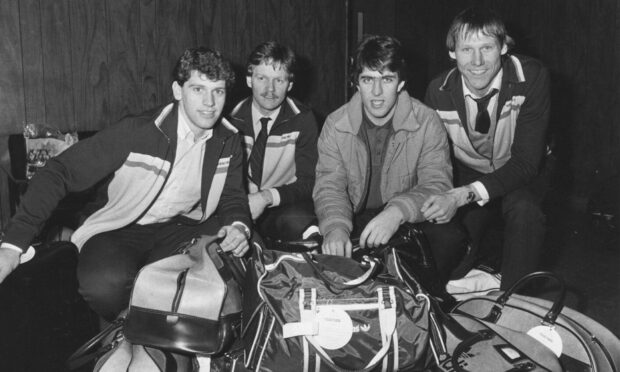
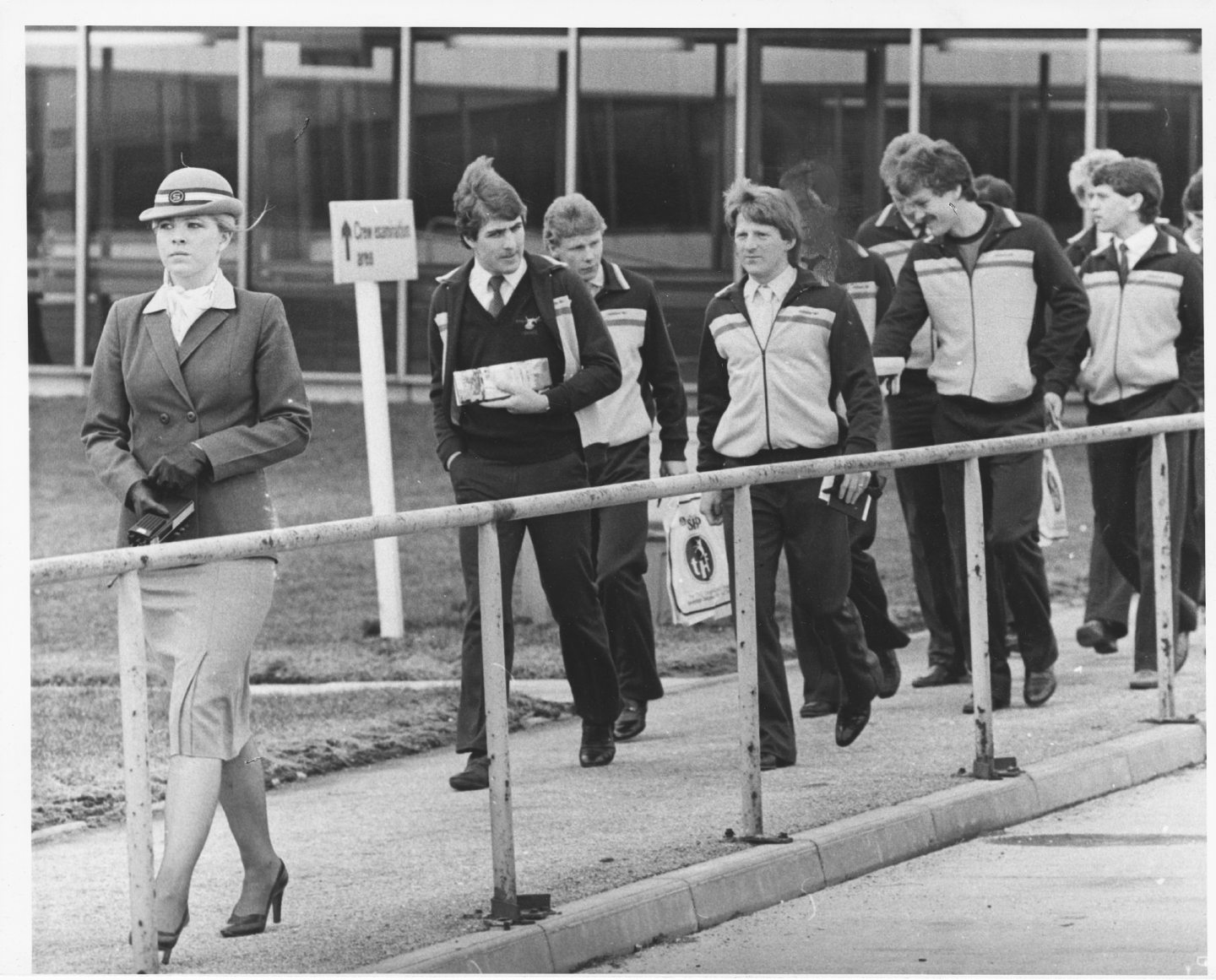
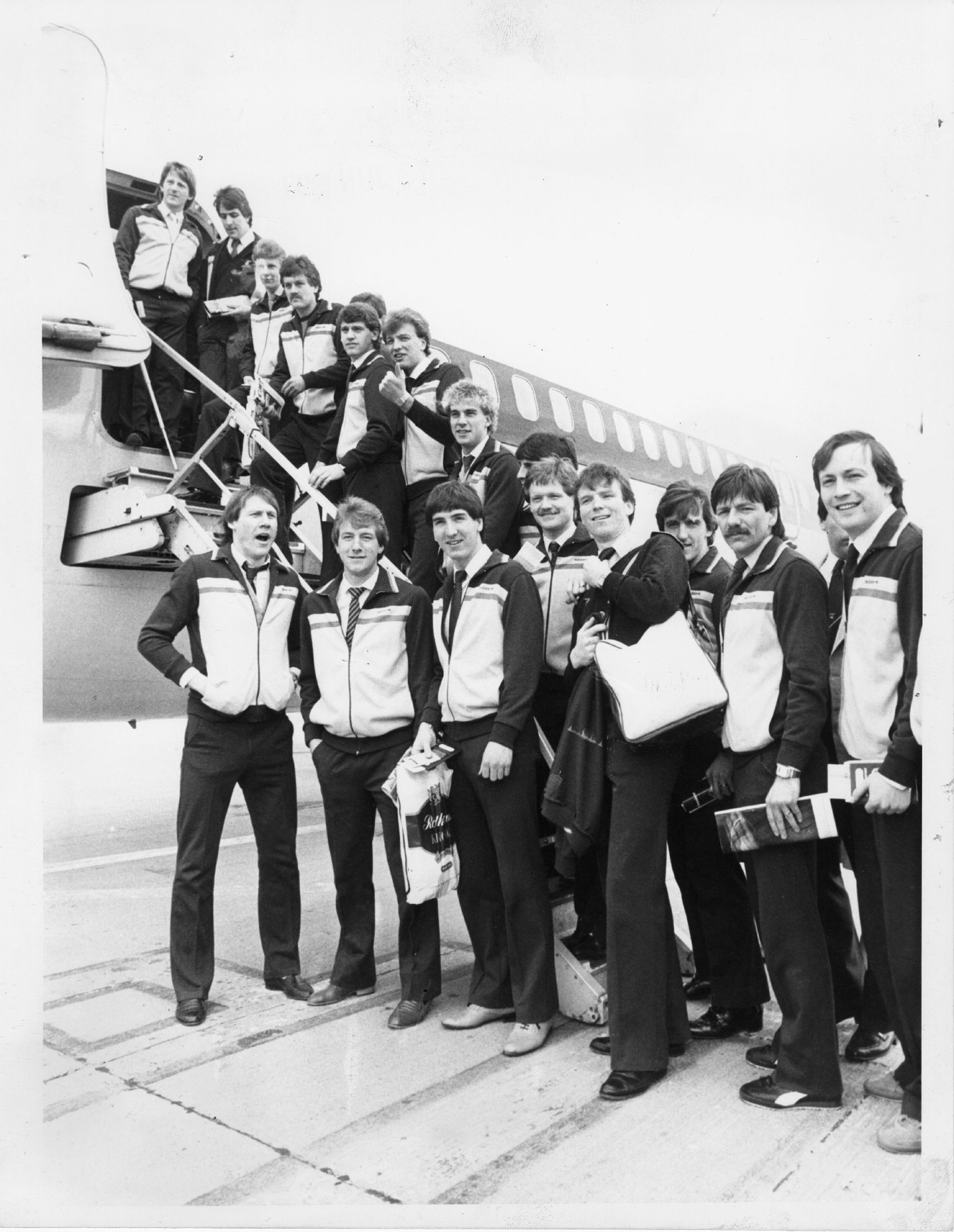
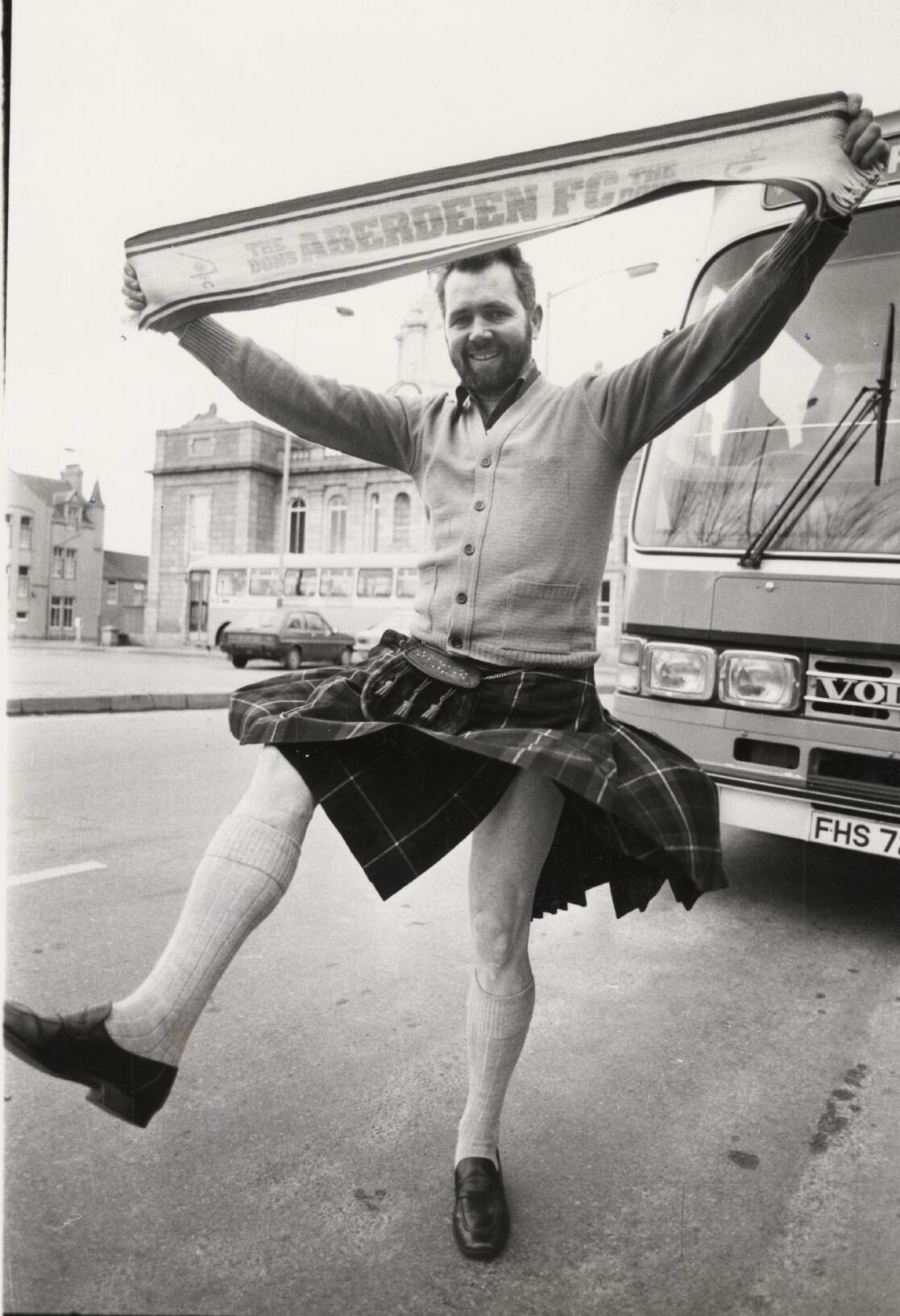
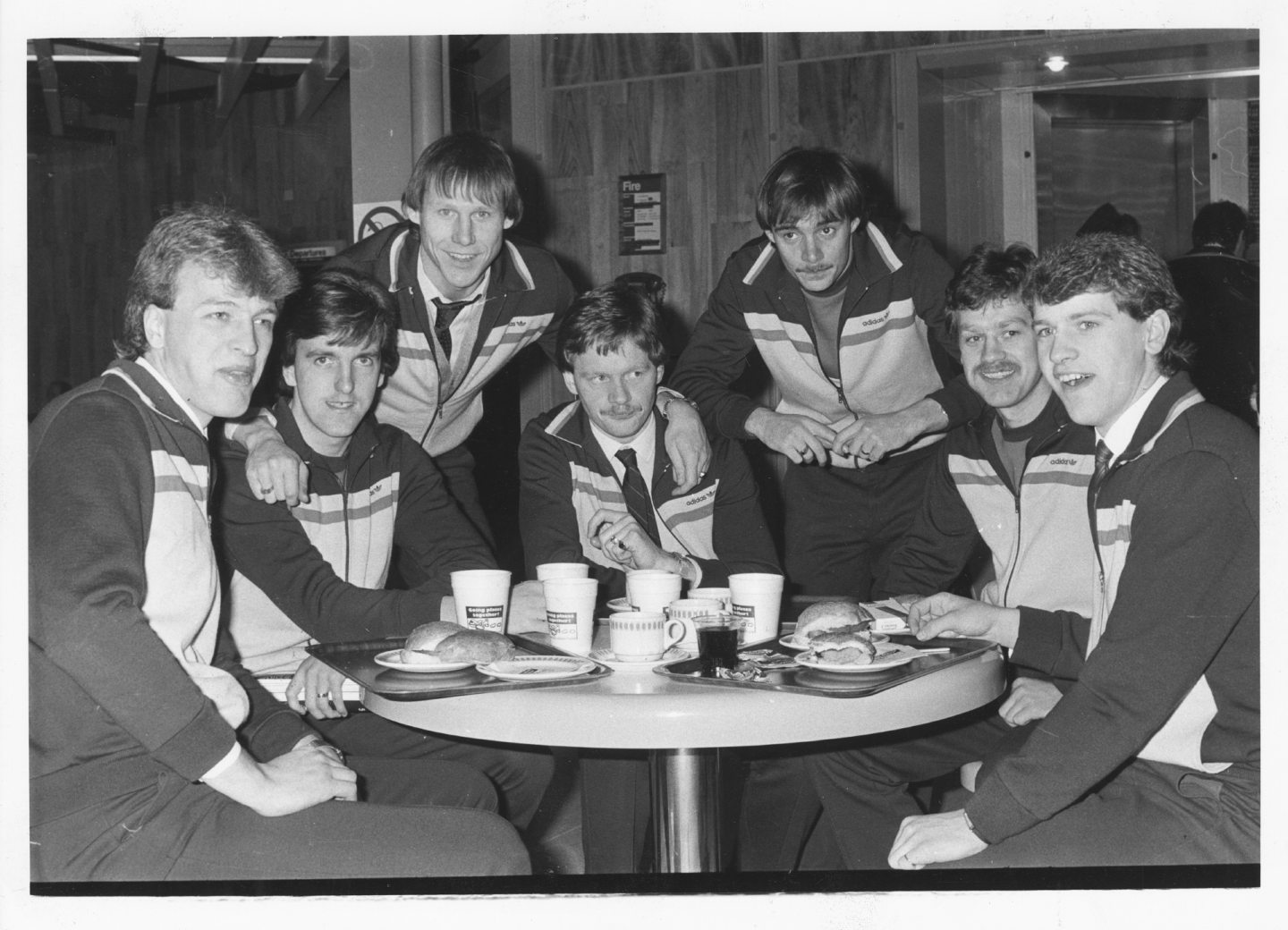
Conversation